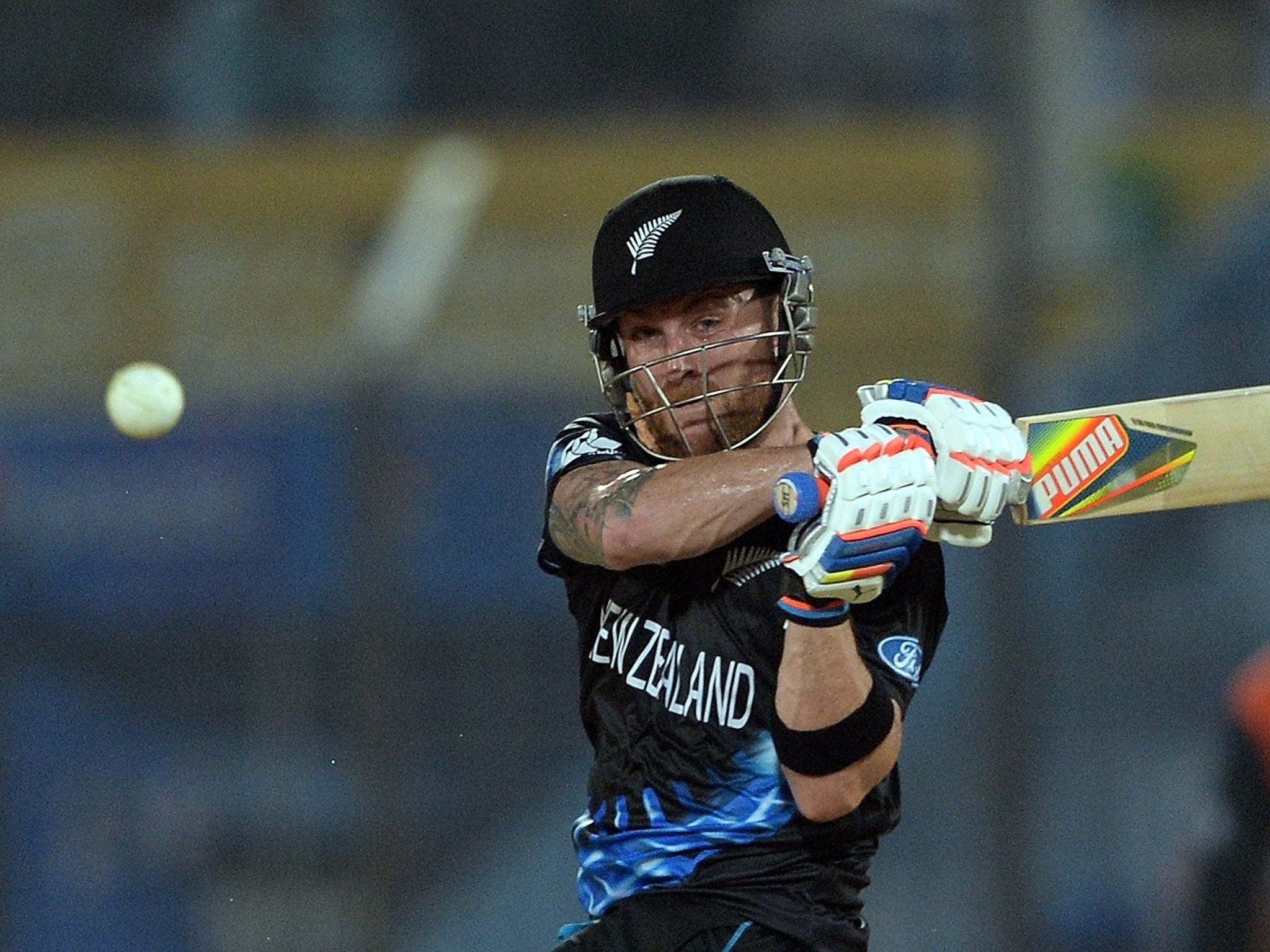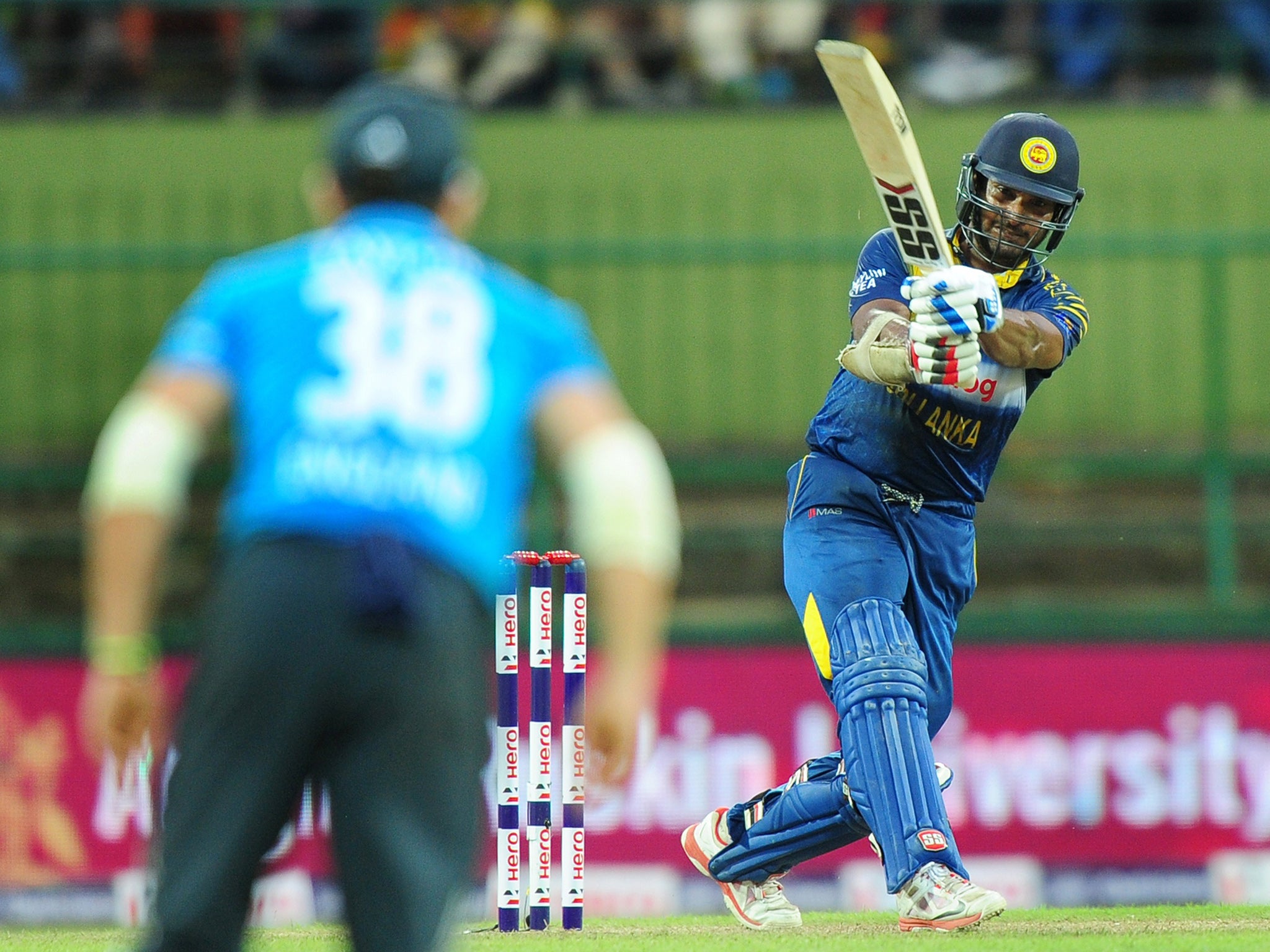Jack Pitt-Brooke: Why I want New Zealand (or Sri Lanka) to win the World Cup
COMMENT: Those who love cricket wish for a 2015 where competition is open and global

Your support helps us to tell the story
As your White House correspondent, I ask the tough questions and seek the answers that matter.
Your support enables me to be in the room, pressing for transparency and accountability. Without your contributions, we wouldn't have the resources to challenge those in power.
Your donation makes it possible for us to keep doing this important work, keeping you informed every step of the way to the November election

Andrew Feinberg
White House Correspondent
The Cricket World Cup starts in eight weeks’ time and those who love the game can only hope for a tournament, and a year, in which its best values are made real.
This has been a tragic and difficult year for cricket, and yet the idea of the “spirit of cricket” emerges from the end of 2014 with more emotional power and investment than ever before. Whether or not Michael Clarke’s body ever allows him back on to the pitch, he will always be a giant of the game for the way he has conducted himself since Phil Hughes’ death last month.
Clarke’s eulogy at Hughes’ funeral in his home town of Macksville will rightly enter into the lore of the game. “The spirit of cricket binds us all together,” Clarke said, detailing scenes of play – and tributes to Hughes – from across the world. “Phillip’s spirit, which is now part of our game forever, will act as a custodian of the sport we all love.”
It was a brilliant and beautiful speech, one that captured the fundamental point that it is the openness of the sport, or rather the globalness of it, that, in Clarke’s words, makes cricket “the greatest game in the world”.
In that spirit, then, those who love cricket will wish for a 2015 in which competition is as open and global as possible. The World Cup, starting on 14 February in Christchurch, ought to be the perfect platform for this.
The opening match is between New Zealand and Sri Lanka. These two have been international cricket’s punchiest over-achievers this year and, in one sense, these are the sides whose eventual triumph in the final at the MCG on 29 March would be the most welcome.
Sri Lanka, of course, have tasted success at an ICC tournament more recently than anyone else. They won the World T20 in April, beating India in the final and atoning for four final defeats in the previous seven years. Before then, they won the Asia Cup and managed home and away ODI series wins over England, too.
New Zealand have continued their heartening progress under Brendon McCullum, probably the most complete and dangerous three-form cricketer in the world, as well as the only three-form international captain beyond Zimbabwe and Bangladesh. McCullum scored 1,000 first-class runs this year, including a Test 302 and a 202 that was the fourth-fastest double hundred in Tests. This year McCullum also led New Zealand to a Test series win in the West Indies, a draw against Pakistan in the Middle East and a home Test series win over India.
It would be a fitting climax to all of this for McCullum to lift the trophy in March. It would almost mean even more if Mahela Jayawardene and Kumar Sangakkara, beaten finalists in 2007 and 2011, could do it.
And yet the two likeliest teams to win it – with due respect to South Africa – are India, the current holders, and Australia, the main hosts, and winners in 2007, 2003 and 1999. And these are the sides, along with England, responsible for the carve-up of money and power which threatens the long-term fairness of the game.

At the International Cricket Council conference in Melbourne in June, India, Australia and England became cricket’s Big Three, overseen by new ICC president Narayanaswami Srinivasan. They have ensured for themselves the biggest shares of the money from ICC events, and have effectively discarded the Future Tours Programme, to be replaced by ‘bilateral agreements’ between countries.
What this means, in practice, is ceaseless series between the Big Three. The current Australia v India Test contest has been good so far but, as with food at Christmas, the sheer volume of it will eventually render it unpalatable. Public enthusiasm for next summer’s Ashes series, the third in two years, is not bubbling over.
Smaller countries, of course, will no longer be able to improve themselves by regularly facing the best. Had this power-grab happened 30 years ago, Sri Lanka would not be the side they are now.
These trends will only intensify. The 2019 World Cup, held in England, will feature just 10 teams, down from 14 next year, in one grotesque 45-game round-robin. It feels strange to value the format of the 2105 tournament – it is the opposite of wieldy – but the next one will only be worse. The cricketing world, which should be expanding, including more countries and engaging more people, is in fact set on doing the opposite.
There will always be more and more matches, for as long as TV demands it, but they will be between a smaller range of teams, at a smaller range of venues. This is the outcome of what was decided this year and for as long as it directs more money to the powerful there is no reason for change.
In any sport, a World Cup year is the chance to touch more people, to reach more countries and to make its case to the world. This is cricket’s opportunity to demonstrate the breadth of its appeal and the variety of its challenges, the open field of a global game.
That is what the spirit of the game means, and what would be joyously confirmed by an unlikely but deserved victor in the MCG next March. Such an outcome would also be a rebuke to those who have let those values slip.
Subscribe to Independent Premium to bookmark this article
Want to bookmark your favourite articles and stories to read or reference later? Start your Independent Premium subscription today.
Join our commenting forum
Join thought-provoking conversations, follow other Independent readers and see their replies
Comments